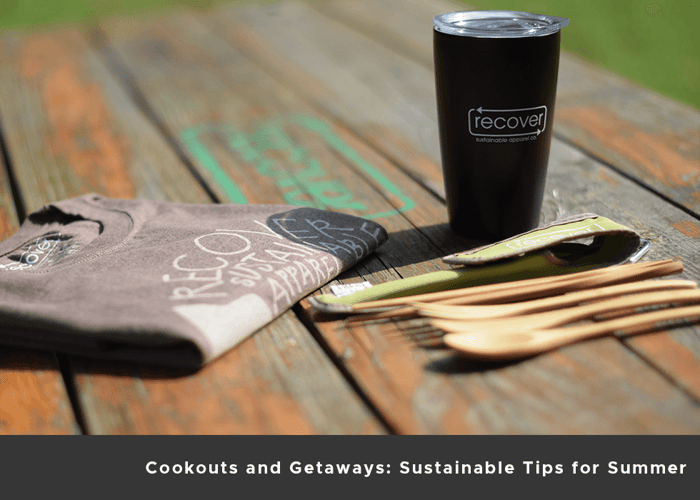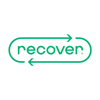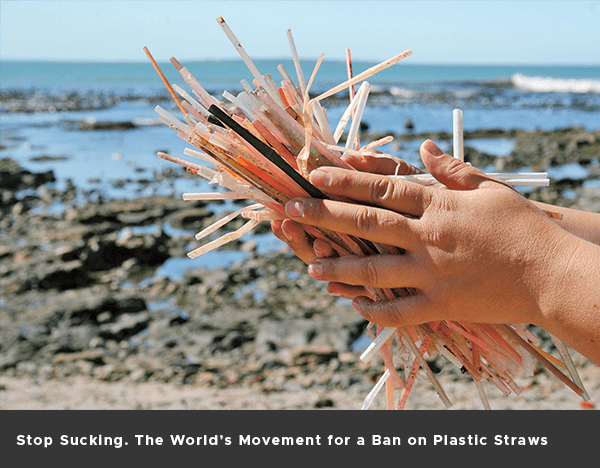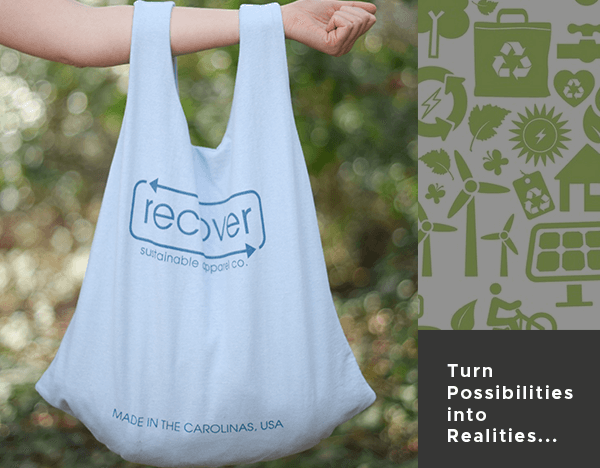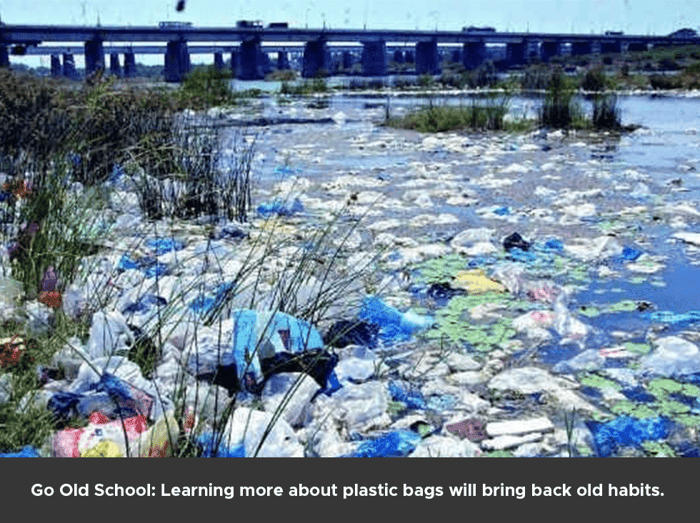
The grills are on, the days are hot, and the ocean, lake, and river dips... fully coveted. It’s officially summer, and this summer, it’s time to Recover in the Wild. Whether you’re having a weekend beach cookout, a cool pre-work morning run, or a big Fourth of July backyard BBQ, Recover in the Wild isn’t just about getting out there- it’s about connecting our local and global outdoor adventures with choices and actions that leave the sources of our adventures and our communities better, rather than worse off. That’s why this month’s Sustainability Tips are 8 quick and easy ways to create positive impact when planning anything and everything outside this summer. Here they are!
Recover’s Top Tips for Making Your Cookouts and Getaways Sustainable this Summer

The vast majority of plastic cutlery can’t be recycled. Estimates state that 40 billion plastic utensils are tossed in the U.S. alone every year, and most end up in our landfills, beaches, and oceans. Stashing a reusable set of cutlery in your pack or purse for whatever your day brings is an easy way for you to create huge positive impact and join the rapidly growing team working to address the world’s plastic pollution problem. Recover’s Reusable Bamboo Utensil Set is perfect for everything from the salad bar, to potlucks, to summer camp. We chose bamboo because it is a standout sustainable material. Bamboo absorbs 35% more carbon dioxide per hectare than equivalent trees, it grows quickly without the use of fertilizers and pesticides, it’s biodegradable, and it uses far less water to produce than alternatives.

2) Use biodegradable sunscreen.
Most conventional sunscreens are full of chemicals, which are not healthy for any of us to put on our skin or put into the environment. All sunscreen inevitably washes off while swimming, or in our after sun showers, where it goes down the drain, and ultimately into our waterways. It is reported that this wash-off of sunscreen into water is a larger driver in the destruction of coral reefs than climate change. Oxybenzone, a chemical and common ingredient in sunscreens, stunts the growth of coral, causes coral bleaching, and is toxic to the symbiotic relationship between algae and coral that maintains vital function and coral color. This summer, use biodegradable sunscreen- it’s an easy investment for your own health and the environment’s. Our favorite is Wax Head sunscreen, but there’s a lot of good, eco and human friendly options out there. Check out Haereticus Environmental Lab for a complete list of chemicals to avoid when picking out your sunscreen.

3) Five gallon buckets are so in right now- bring one everywhere.
Having a 5-gallon bucket made of recycled plastic on hand is a cheap and easy option to have a recycle bin for a picnic with friends in the park, at the beach, at the lake, and at the trailhead. These buckets all come with lids and are easy and clean to transport to the nearest recycling bin, no matter how far away it is. If you’re planning to have a Fourth of July bash, go for multiple buckets and label them RECYCLE - it’ll give everyone even more to celebrate. The LA Times reported that the US wastes $11.4 billion annually by throwing away recyclables, not to mention the challenge of throwing away nonrenewable resources and having limited capacity in landfills. The 5-gallon bucket is also perfect to use for a mini makeshift compost bin on any outdoor adventure or celebration. Check out how and why to compost in Recover’s Sustainability Tips.

4) Get the Tote-al Reusable Package.
Re-usable is the way to go and whether you’re going grocery shopping, getting your morning caffeine fix, or staying hydrated, Recover has you covered. Our upcycled, cut and sewn in North Carolina Recover Tote Bag is perfect for a run to the market or the gym, the new Recover Tumbler keeps morning coffee hot and summer sweet tea cold, and the Recover Canteen is a favorite for water on long rides and long days at work. Americans alone reportedly throw away 100 billion plastic bags, 60 billion coffee cups, and 50 billion plastic water bottles (this doesn’t include soda bottles- that’s just water bottles) every year. This is changing, and it’s because of the growing wave of individuals taking easy action to create positive impact.
5) Grill shopping 101.
If you’re in the market for a new grill, consider where and how the grill is made as well as the fuel the grill uses, where that fuel comes from, and what it takes to get that fuel to you. Traeger grills use wood pellets as fuel, which are predominantly sourced and upcycled from wood scrap and created into biofuel pellets. If you want to go big, there are Traeger grills that are wifi activated to start, so you can actually fire up the grill and begin cookin’ a brisket while you’re still at work.
6) BYOB is the best cookout ware.
If you’re having a cookout or party and don’t have enough plateware for everyone to eat, put the word out for everyone to bring their own bowls or plates. People love it, as everyone knows which plate is theirs to come back to should a quick game of flag football start up in the middle of a meal. If you want back-up, definitely get compostable plates, bowls, cups and cutlery. Eco Products and Bamboo Products are great options!

7) Make the beer coolers cooler.
Styrofoam is made of styrene, which is listed with international agencies as a potential human carcinogen. In addition to potential human health hazards of manufacturing, use, and disposal, styrofoam does not degrade- it is a non-biodegradable pollutant listed to at best break down in 500 years, and so anything that is single-use styrofoam simply does not make sense. Every day, approximately 1,369 tons of styrofoam is buried into U.S. landfills, which are quickly filling up, and if it is incinerated, it releases toxic chemicals into our air. So, ditch the styrofoam coolers and check out these economical options for long-term use. Don’t forget your upcycled wetsuit Recover Coozie to keep your beer cold in hand!
8) Keep it LOCAL.
From food to getaway gift shopping, buy local this summer and contribute to local communities. Food-wise, the average American meal travels 1500 miles to get to a plate. Eating locally reduces carbon emissions and supports local jobs and farmers, so go for the local goods for the grill this summer!


